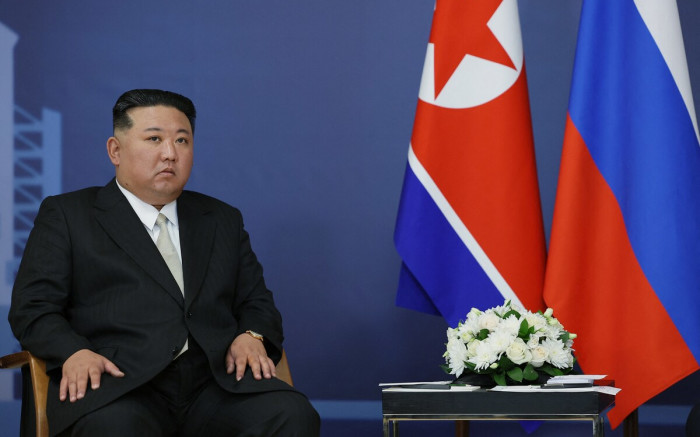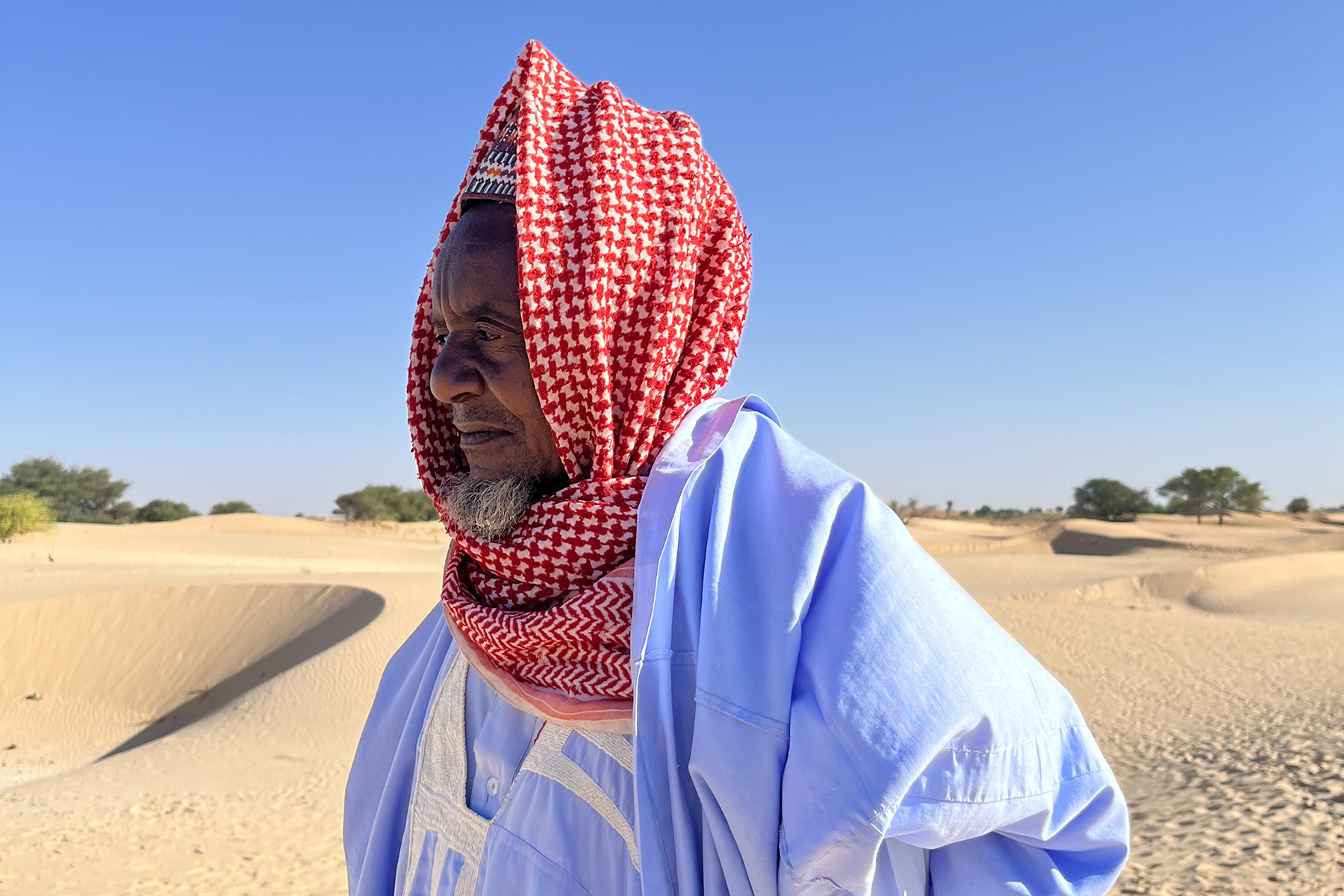
Secretary of State Antony J. Blinken ended his four-nation tour of Africa on Thursday with a visit to Angola, an oil-rich former Cold War battlefield that has become the site of a 21st-century struggle for economic influence.
During his visit to the coastal capital of Luanda, Mr. Blinken highlighted major American investments in Angola, including more than $900 million for solar energy projects and $250 million to upgrade a rail corridor carrying key minerals such as cobalt and copper from central Africa to the Angolan Atlantic port of Lobito.
These solar investments help advance President Biden’s climate agenda, while improvements in transportation advance his goal of diversifying American supply chains – including to reduce U.S. dependence on Chinese control of the vital components of a modern economy.
A little more than 20 years after the end of Angola’s civil war, which killed perhaps as many as a million people, the country has rebuilt, modernized and developed friendly relations with Washington, which once saw rebels against a government backed by the Soviet Union and Cuba financed.
At a news conference with Téte António, Angola’s foreign minister, Mr. Blinken announced that U.S.-Angola relations had reached their “strongest” point in their history.
Left unsaid were Angola’s economic ties to China, which has loaned Angola nearly $43 billion.
These financial ties between Beijing and Luanda are one of several ties that have alarmed U.S. military officials, who warn that China is seeking to establish a naval base with access to the Atlantic.
In March 2022, the top U.S. commander for Africa, Stephen J. Townsend, stated said he was most worried that Equatorial Guinea would provide China with such a base, but that Beijing had made progress toward this goal in other African countries. Some analysts put Angola on this list.
U.S. officials have quietly lobbied West African nations to deny China an Atlantic military presence, said Cameron Hudson, who served as the National Security Council’s director for African affairs in the Bush administration. He took note of that all four of Mr. Blinken’s stops this week – which also included Cape Verde, Ivory Coast and Nigeria – have Atlantic coasts.
Chinese bases were not a particular topic of Mr. Blinken’s discussions this week, but the generally closer ties with Africa that the Biden administration has developed, including through the new investments in Angola, make it easier for other officials to take military action against worrisome Chinese Influence.
Rather than speaking openly about China, much emphasis during Mr. Blinken’s trip was placed on what officials described as an attempt to treat African nations as partners rather than pieces on a global chessboard, reflecting the view among Biden officials that Africans refuse to be treated like pawns in a kind of new Cold War with Beijing, or with Russiawhich has recently expanded its interests in Africa through the Wagner mercenary group.
But Africans themselves raised the issue of geopolitical competition more than once during Mr. Blinken’s visit. In Ivory Coast’s capital, Abidjan, a local television reporter told Mr. Blinken: “Africa appears to have become a battleground for influence between major powers in recent years. At what point do we think about the future of Africans?”
“It’s not our place to say they have to choose,” Mr. Blinken responded. “On the contrary, for us it’s about making a good choice. And then the people will decide.”
Without mentioning China by name, Mr. Blinken noted that “some countries” may be lending money to African countries, creating unsustainable debts, and that those other countries may be importing workers instead of hiring locals. U.S. investment, on the other hand, can “move everyone up,” he said.
In Angola, Biden administration officials appeared particularly proud of U.S. support for the Lobito Corridor rail project, which they see as a model for a planned wave of American investment on the continent. The corridor will contribute to Mr Biden’s agenda to “reduce” US dependence on critical minerals controlled by China. The Democratic Republic of Congo supplies more than half of the world’s demand for cobalt, which is used to make lithium-ion batteries; about three quarters of this country’s supply reduced from China.
U.S. officials say the rail corridor, also funded by the European Union and African companies, will boost long-term African economic growth by attracting related investment. And they expect it to be profitable, unlike some major Chinese infrastructure investments driven by Beijing’s “Belt and Road” initiative in the last decade.
They say the project will also create jobs at home, furthering Mr. Biden’s goal of a “foreign policy for the middle class.” Work on the 800+ mile route The corridor’s 186 bridges will be made of American steel and will create 600 direct jobs, according to a fact sheet from Acrow, an American bridge construction company involved in the project.
Speaking in Luanda, a port city where oil tankers sail in and out of the port, Mr. Blinken said the rail project had “truly transformative potential” for Angola and the region.
Another question that came up more than once during the trip was whether Mr. Biden would keep his promise to visit Africa himself in 2022.
Asked on Thursday whether the president might pay another visit, Mr. Blinken said his boss would “welcome the opportunity to visit.” “Obviously we have an election in the United States this year, so there are challenges with scheduling,” he added.






Recent Comments